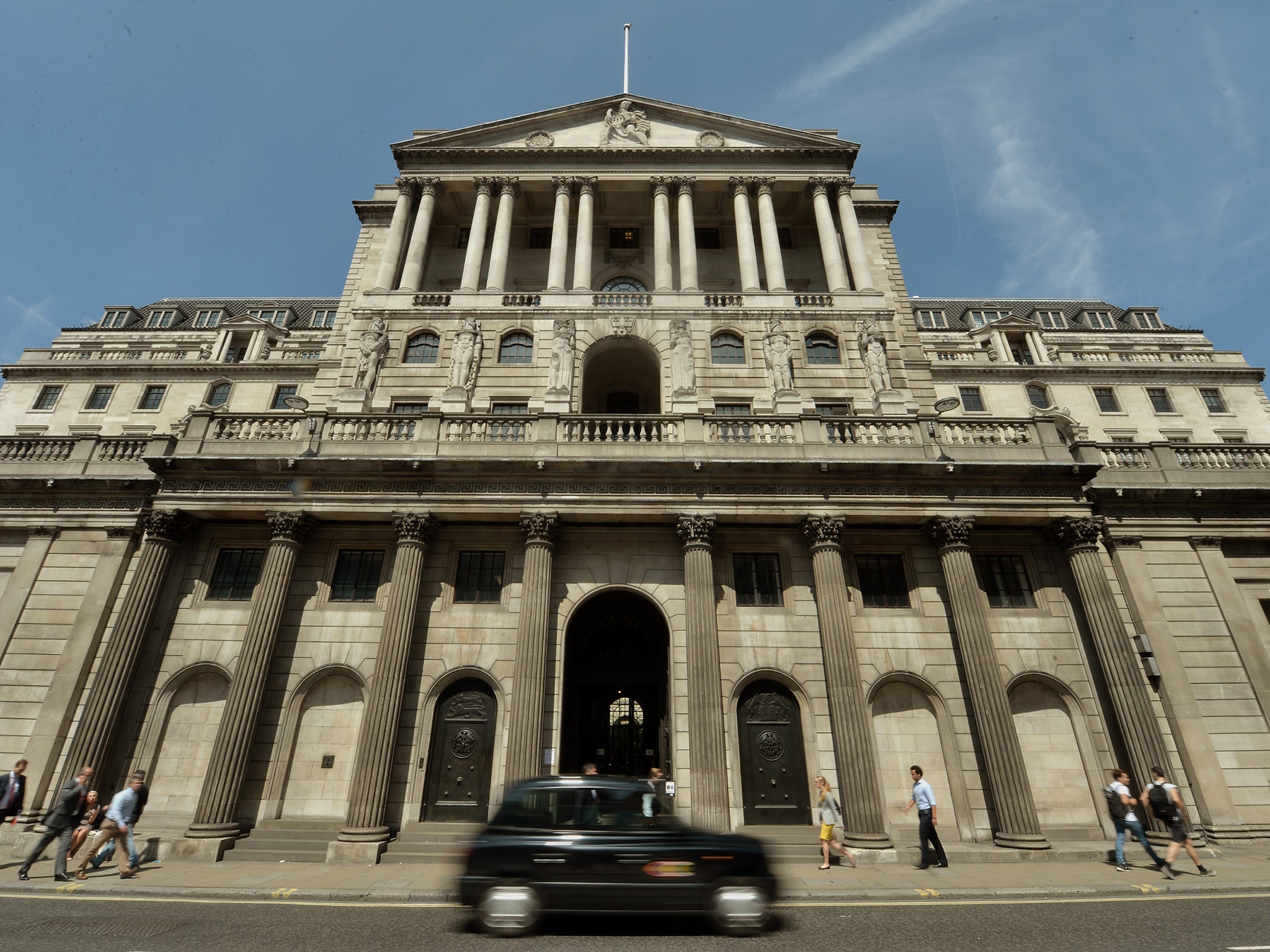Resurgent banking lobby sets regulatory alarm bells ringing
Seven years on from Lehman, many banks remain too big to fail, bail or jail

Concern is mounting over the growing influence of banking lobbyists over the direction of financial regulation, as George Osborne implements his so-called “new settlement” with the City of London.
Robert Jenkins, a former member of the Bank of England’s Financial Policy Committee, told The Independent that bank lobbying was “vigorous and impactful”, and stressed that reform of the financial sector was still very far from complete.
“There has been a lot of effort, but one should not confuse motion with movement,” he said. “Seven years on from Lehman, many banks remain too big to fail, bail or jail.”
That follows comments from a senior Bank of England regulator, Paul Fisher, last month, who suggested that the “siren voices” of the banking lobby to dilute post-crisis regulation were growing louder. “We need to guard against the reforms being rolled back as a result of a period without crisis … let’s be cautious about the siren voices of financial self-interest that were partly responsible for luring us on the rocks in the first place,” he said.
In another sign of concern over the direction of travel, Andrew Tyrie, chairman of the Treasury Select Committee, last week said he was worried that “special pleading” from the banks could be influencing the decisions made by officials.
In his Mansion House speech in June, the Chancellor promised a “new settlement” with the City of London. Last week the Treasury diluted a key element of a new regime designed to make bank executives more accountable by dropping a “reversal of burden of proof” that would have required managers to demonstrate they took reasonable steps to prevent wrongdoing at their institutions. The change to the Senior Managers Regime reportedly followed “high-level meetings” between representatives of the commercial banks and the Bank of England.
Anthony Browne, chief executive of the British Bankers’ Association lobby group, commenting on the shift, said: “It’s changed from an attitude of punishment to ‘let’s get the economy working’… It’s just a more constructive agenda.”
Mr Tyrie said of the move on the burden of proof: “I would have preferred that more time had been taken to enable the new system to bed down. It would be concerning if this change was a response to special pleading from the banks.”
His committee will take evidence this week from the Bank’s Governor, Mark Carney, and the Chancellor, where the new regulatory approach is likely to be addressed.
In another recent official move widely interpreted as benefiting the financial sector, the Chancellor recalibrated the “bank levy” to ease the burden on large banks.
But the move that brought the most cheer to the banking lobby was the sacking of Martin Wheatley as head of the Financial Conduct Authority by Mr Osborne in July. Mr Wheatley was widely disliked by the banks.
A consultation paper from the Prudential Regulation Authority last week proposes to allow ringfenced retail banks to transfer profits to non-ringfenced investment divisions. That was interpreted as another victory for the banking lobby, although such transfers were sanctioned in the original Vickers Commission that recommended ringfencing in 2011.
Subscribe to Independent Premium to bookmark this article
Want to bookmark your favourite articles and stories to read or reference later? Start your Independent Premium subscription today.

Join our commenting forum
Join thought-provoking conversations, follow other Independent readers and see their replies